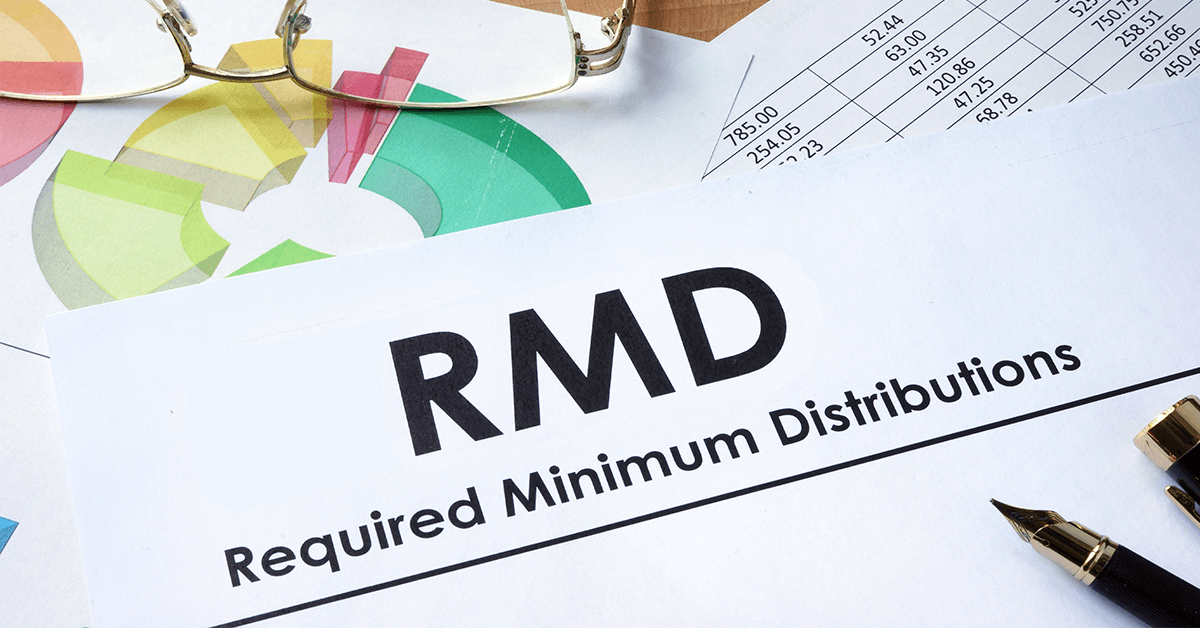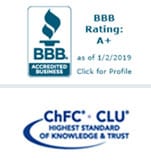
Anyone approaching age 72 or older, with a qualified retirement plan, needs to know about RMDs. An RMD is a Required Minimum Distribution, a forced withdrawal from a qualified retirement account with funds that have never been taxed. Examples of these accounts include IRAs, 401(k)s, 403(b)s, or SEP IRAs.
RMDs were subject to different rules in 2020. In response to the economic effects of the pandemic, Congress passed the CARES Act which waived the RMD requirement in 2020. Now is the time to take notice and make sure your 2021 RMD is set to be paid if it hasn’t been distributed already.
Who Has to Take an RMD in 2021?
The SECURE Act of 2019 changed the rules for who is required to take an RMD. According to the IRS, “if your 70th birthday is July 1, 2019 or later, you do not have to take withdrawals until you reach age 72”. As previously mentioned, the CARES Act suspended the requirement in 2020. If you turn 72 or older in 2021, you must take an RMD from your retirement account.
Does My Retirement Plan Qualify for an RMD?
The RMD rules are applicable to the following retirement plans: Traditional IRAs, SEP IRAs, SIMPLE IRAs, 401(k) plans, 403(b) plans, 457(b) plans, profit sharing plans, and other defined contribution plans. Please note, Roth IRAs do not require withdrawals until after the death of the owner.
How Can I Calculate My RMD
For those who want to gain an understanding of what their RMD amounts look like, the IRS offers worksheets here. When you first begin taking your RMD, the distribution is around 4% of the total balance of your qualified plans. It is not necessary for each qualified account to pay a distribution, unless you choose. A person could take the sum of their qualified accounts and take the entire required minimum distribution from only one account, especially if that account is under-performing. While you’re calculating, know that most distributions from qualified accounts are taxable and will be included in your income for the year.
Retirement expert Ed Slott reminds those who turn 72 during 2021 that they have a choice to take their first RMD anytime in 2021 or delay taking it until April 1, 2022. Regardless if you delay your initial 2021 RMD to April 2022, you will also have to take a 2022 RMD prior to December 31, 2022.
I Suspended My 2020 RMD, What Should I Do?
For those who suspended their RMD in 2020, it is imperative that you contact your IRA advisor to resume your regularly scheduled withdrawal for 2021. Failing to do this can result in a 50% excise tax on the amount not distributed as required. If Roger Cowen is your IRA administrator, or you simply have questions about your current retirement plan, call Cowen Tax Advisory Group at 860-676-1100 to resume your distribution schedule. Please act in a timely manner to avoid penalty.
Closing Thoughts
Retirement planning can be made complicated by government and IRS changes. Cowen Tax Advisory Group keeps an eye on these changes to advise you. With 42+ years of experience in tax planning, Roth conversions, 401(k) rollovers, and individually customized retirement planning services, we’re there for you when you need us.
Financial expert Roger Cowen is a fiduciary and has the expertise to help you navigate your retirement journey and keep your Retirement Simplified. Give the office a call at 860-676-1100 to discuss your current RMD situation or any questions you might have about your retirement planning.


Connor Rosenberger
connorctag@gmail.com
As Cowen Tax Advisory Group’s Digital Content Marketing Specialist, Connor provides in-house copywriting and manages the company’s electronic records system, email marketing, and blog.




